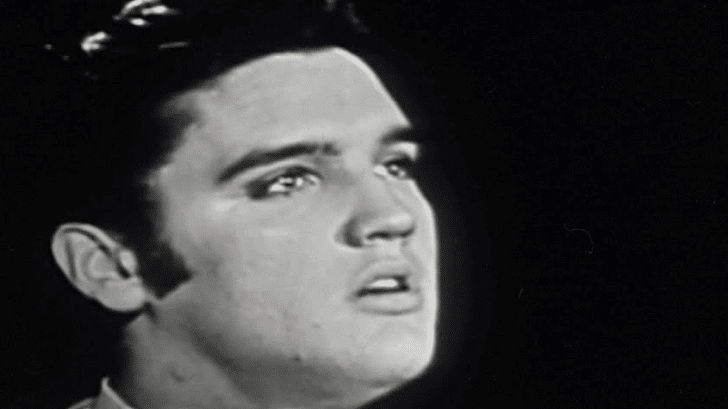Throughout the history of music, certain genres and subgenres have emerged and left an indelible mark on the cultural landscape. In the realm of rock music, one particular style has had a transformative influence on the genre as a whole: the power ballad. Characterized by its emotive lyrics, soaring melodies, and passionate performances, the power ballad has captivated audiences and shaped the sound of classic rock.
One of the earliest and most iconic examples of a power ballad can be traced back to the legendary Elvis Presley. On October 28, 1956, Presley appeared on The Ed Sullivan Show and delivered a captivating rendition of his hit song, “Love Me Tender.” While not traditionally labeled as a power ballad, “Love Me Tender” showcased the heartfelt sincerity and emotional depth that would become synonymous with the genre. The song’s tender lyrics and Presley’s passionate delivery struck a chord with listeners, establishing a blueprint for future power ballads to come.
Power ballads gained prominence during the 1970s and 1980s when it became a staple of classic rock. Bands like Led Zeppelin, Queen, and Aerosmith embraced this style and crafted timeless ballads that resonated with millions of fans worldwide. These songs became anthems, offering a contrast to the more aggressive and energetic tracks that defined the era. The power ballad allowed artists to showcase their versatility and express their emotions in a more introspective and intimate manner.
One of the defining characteristics of a power ballad is its ability to convey deep emotions and universal themes through heartfelt lyrics. Love, loss, longing, and personal reflection are common lyrical themes found within this genre. The power ballad provided a platform for artists to explore their vulnerable side and connect with their audience on a deeply emotional level. From Led Zeppelin’s “Stairway to Heaven” to Queen’s “Bohemian Rhapsody” and Aerosmith’s “Dream On,” these songs transcended mere entertainment and became profound expressions of human experiences.
Furthermore, the power ballad’s impact extended beyond its lyrical content. Musically, these songs showcased powerful vocal performances, memorable guitar solos, and dynamic arrangements. They combined soft, introspective verses with explosive, anthemic choruses, creating a dynamic and cathartic listening experience. The juxtaposition of delicate and powerful moments within a single composition added depth and dimension to the genre.
The influence of power ballads is evident in the continued popularity and enduring legacy of classic rock. These songs have stood the test of time, continuing to resonate with new generations of listeners. They have become part of the cultural fabric, evoking nostalgia and inspiring countless musicians to explore the boundaries of emotion within their own work.
Power ballad has played a transformative role in shaping the landscape of classic rock. From its humble beginnings with Elvis Presley’s heartfelt performances to the iconic ballads of bands like Led Zeppelin, Queen, and Aerosmith, this genre has captivated audiences with its emotional depth and timeless appeal. The power ballad’s ability to convey profound emotions through lyrics and powerful musical arrangements has left an indelible mark on the genre, cementing its place in the pantheon of rock music history.

